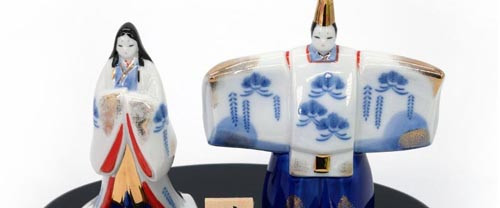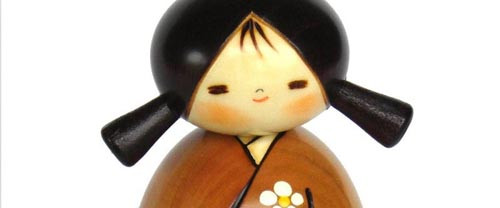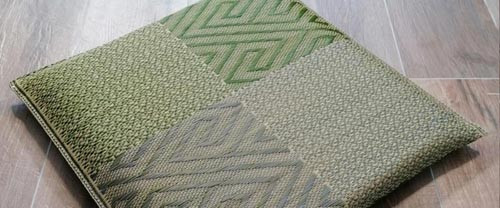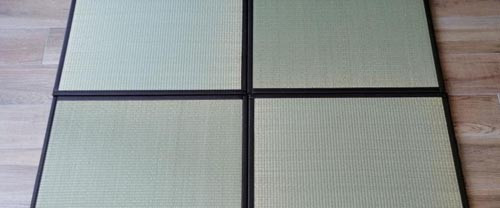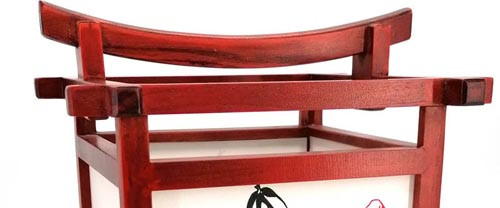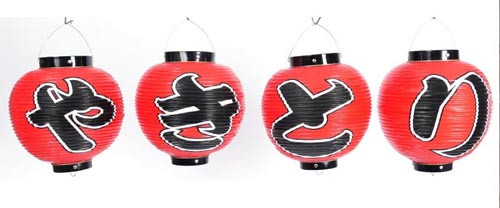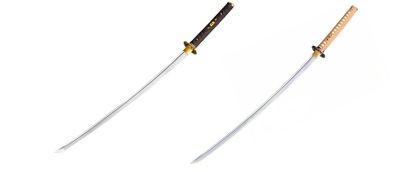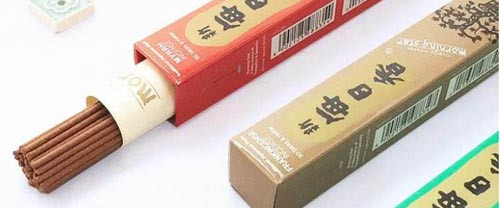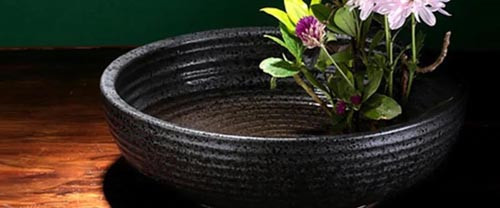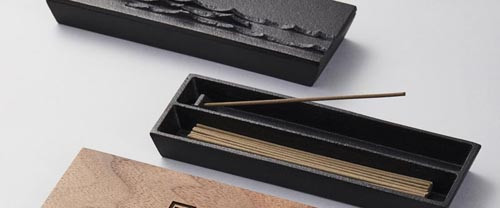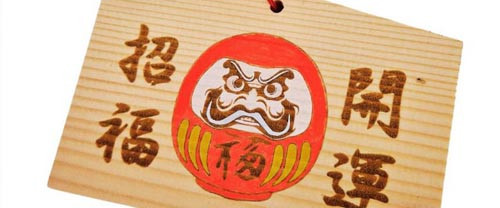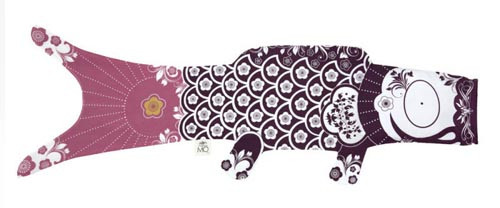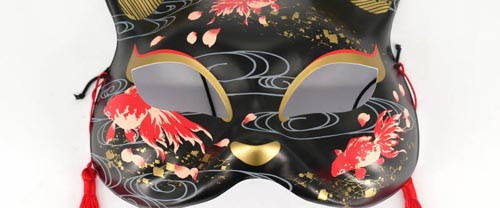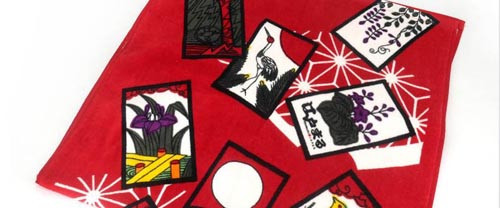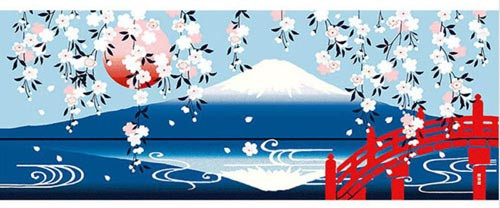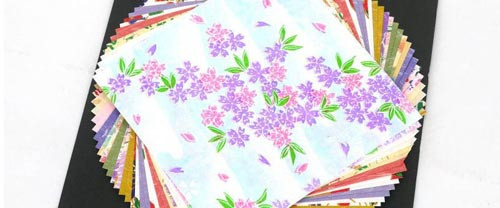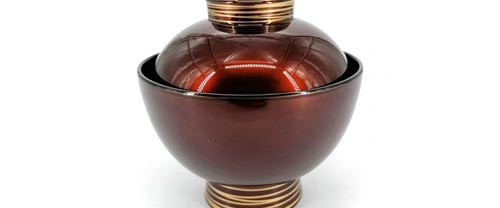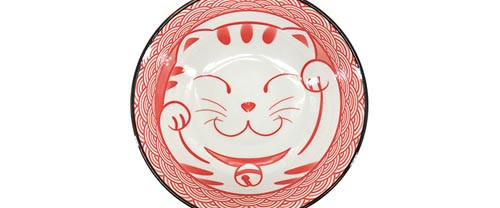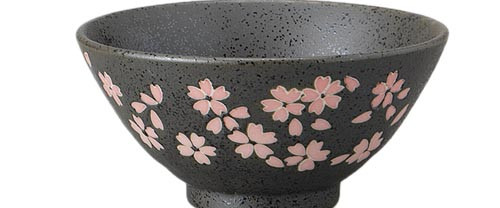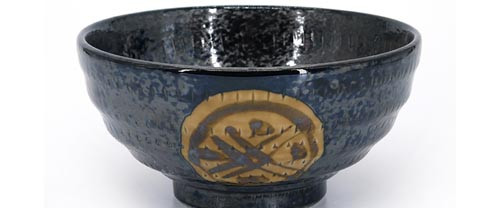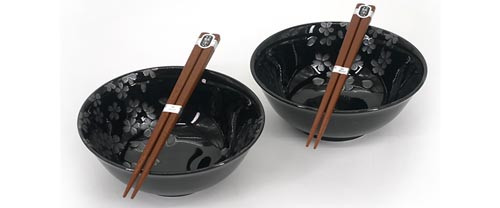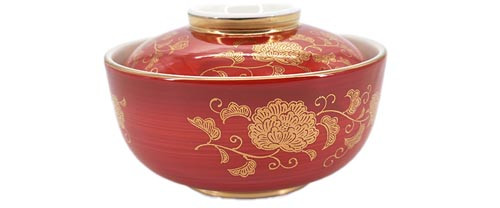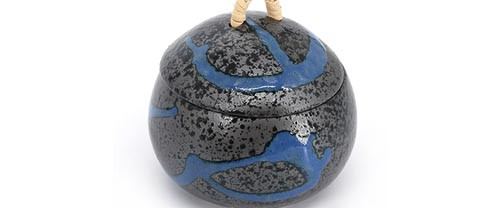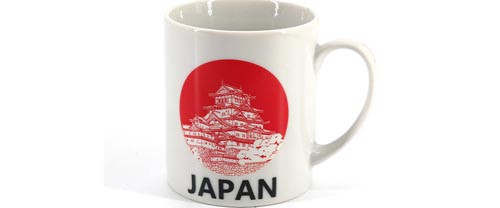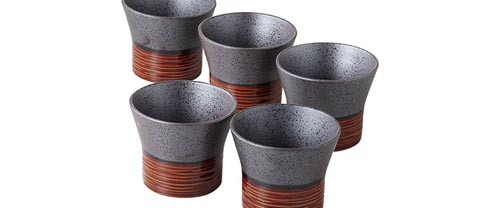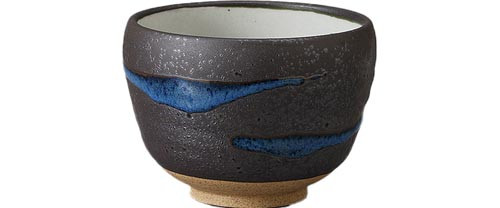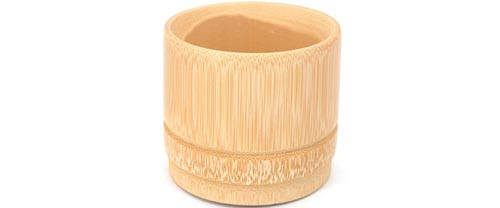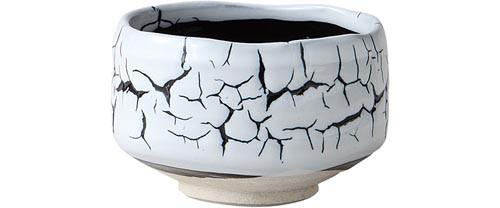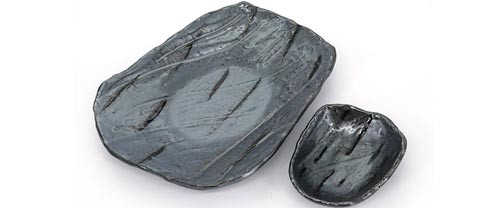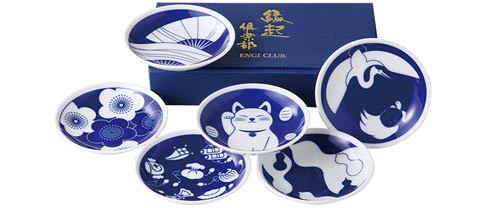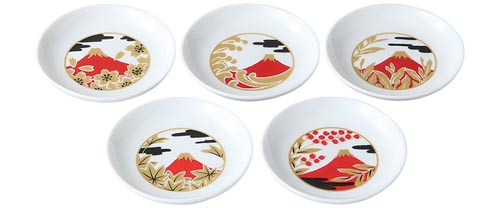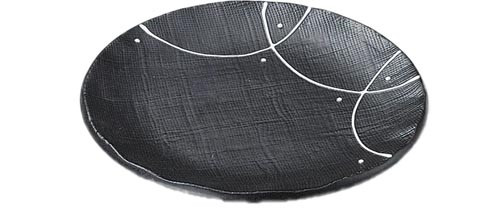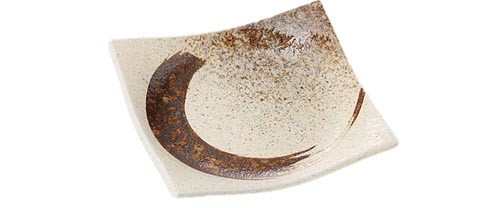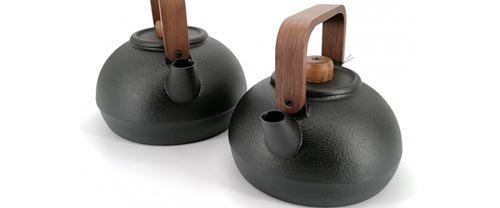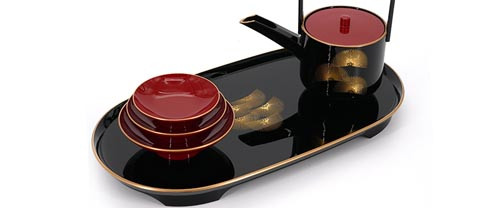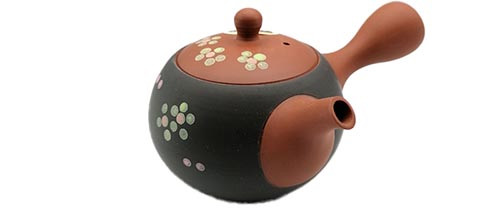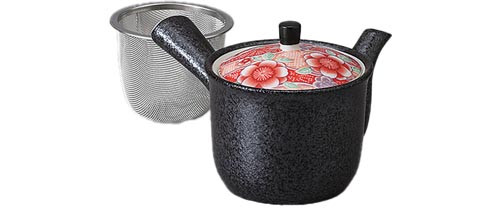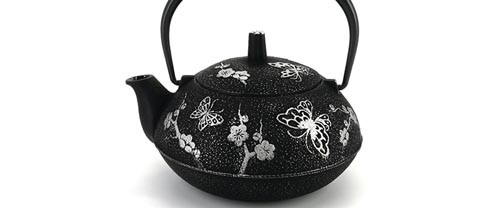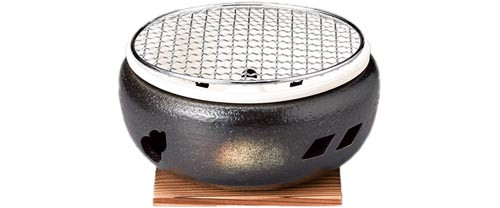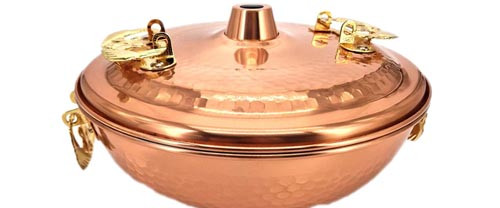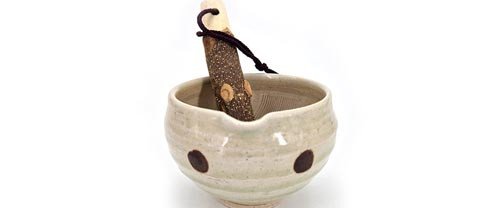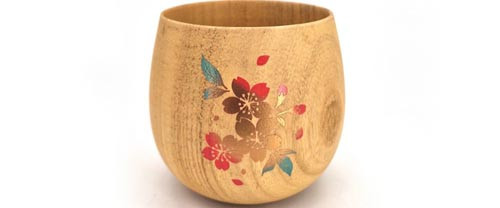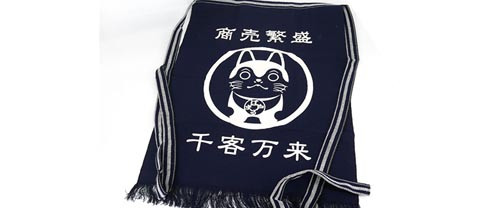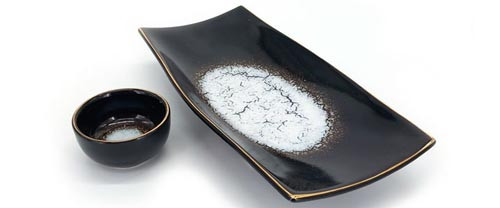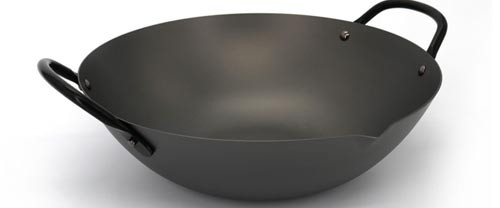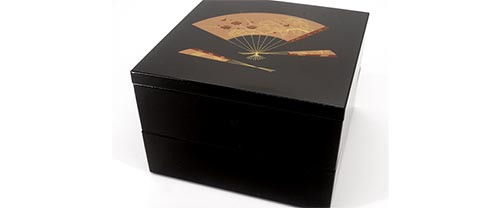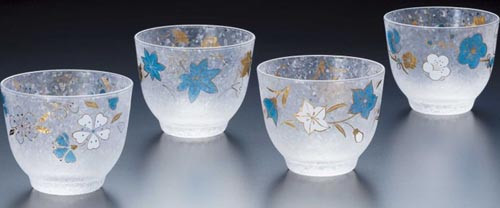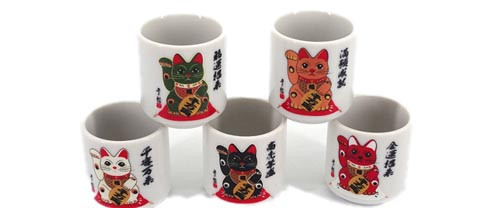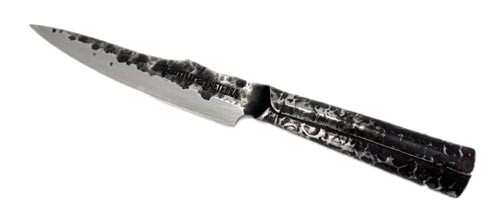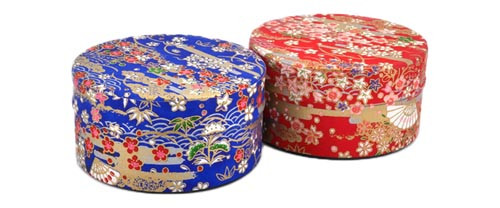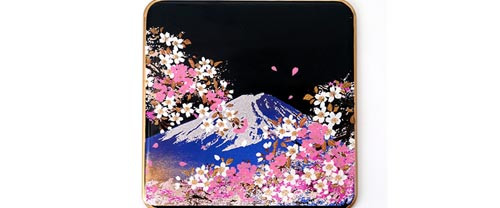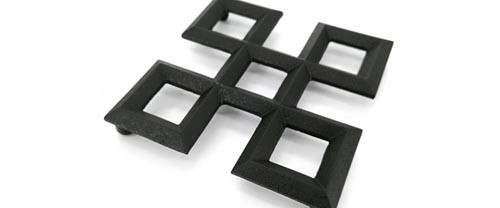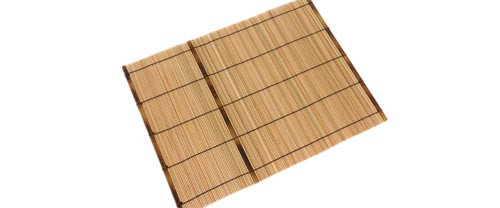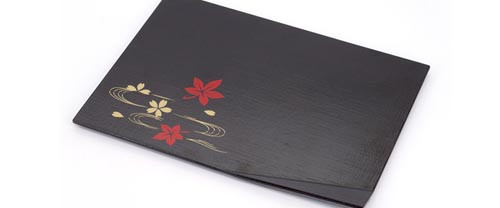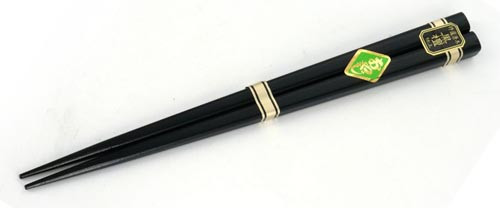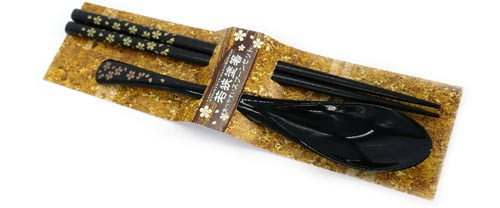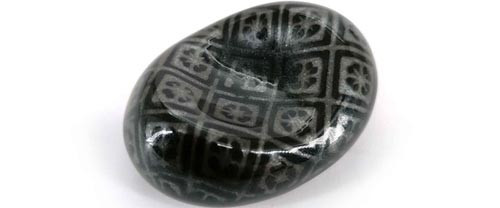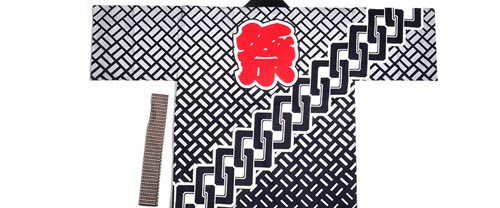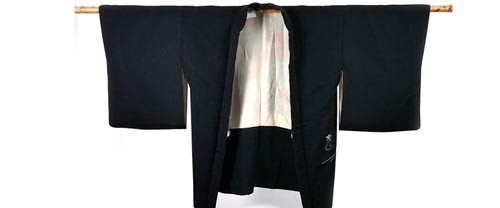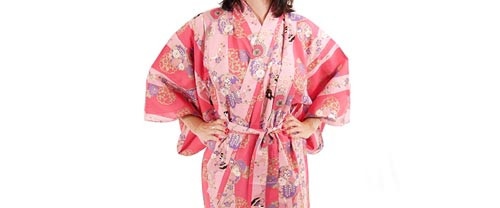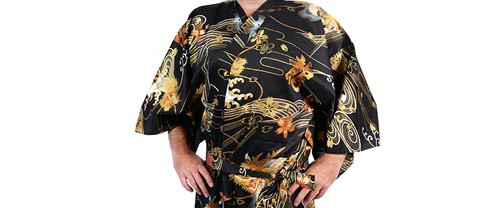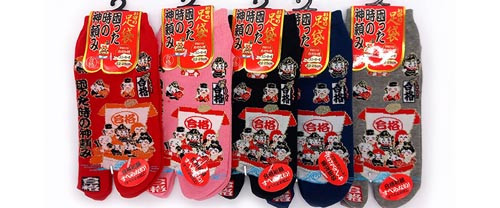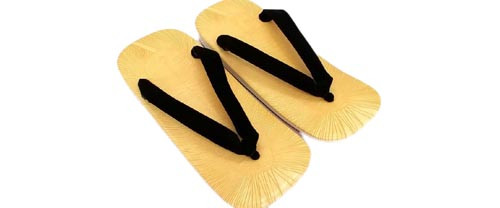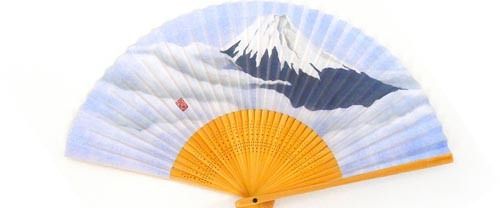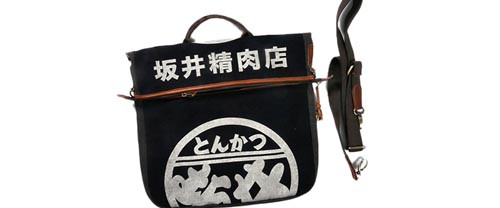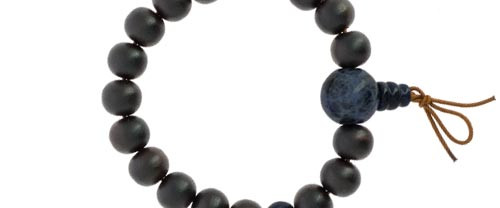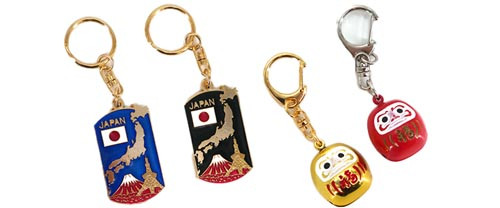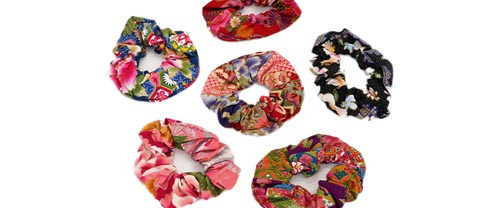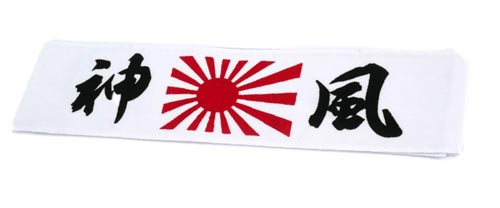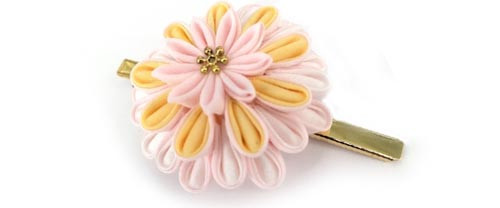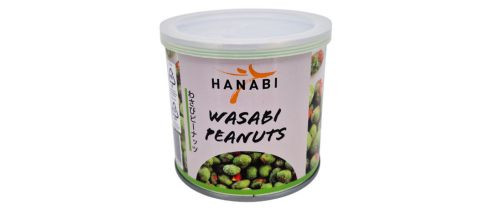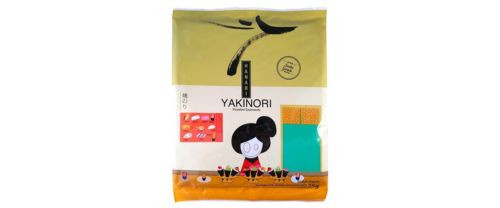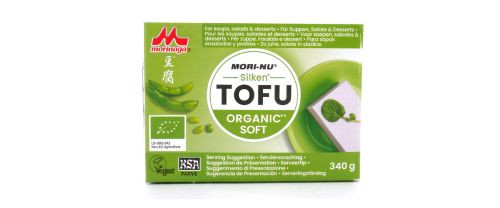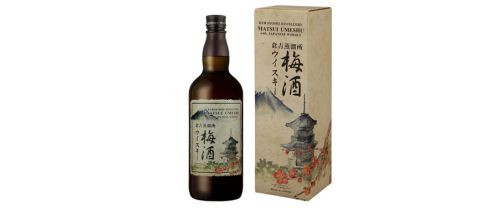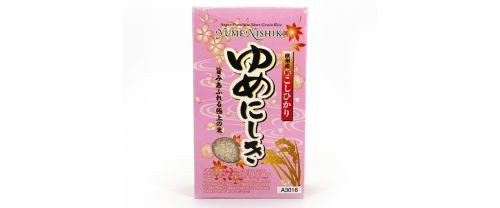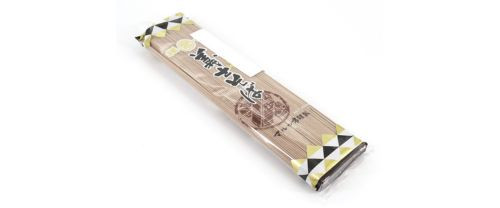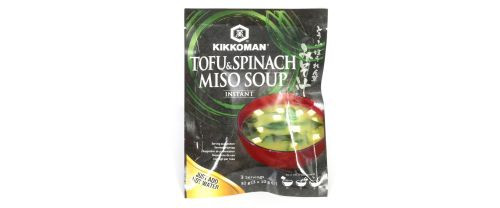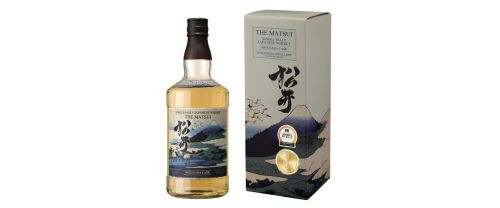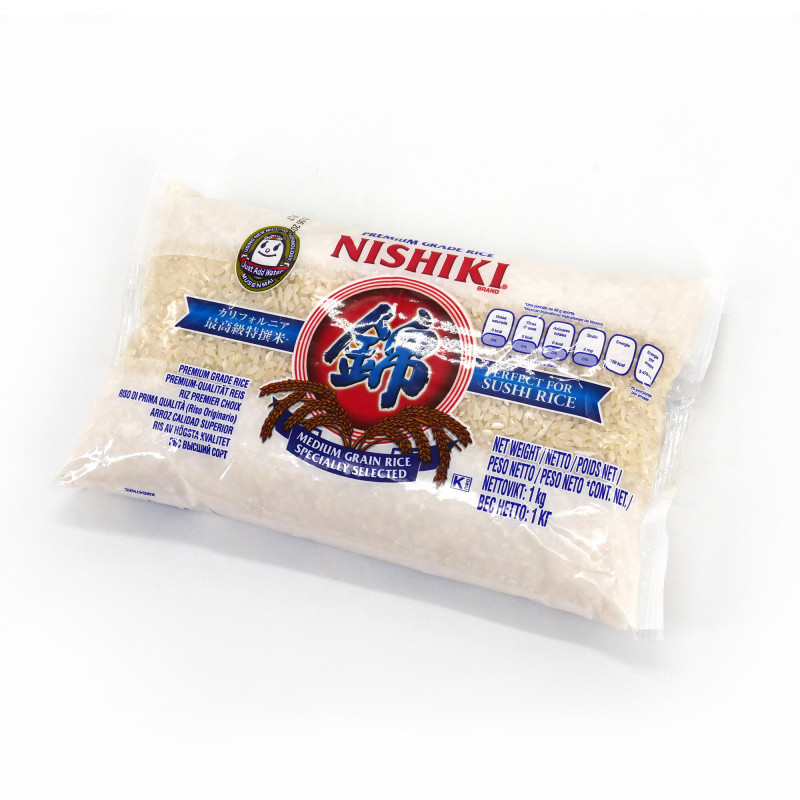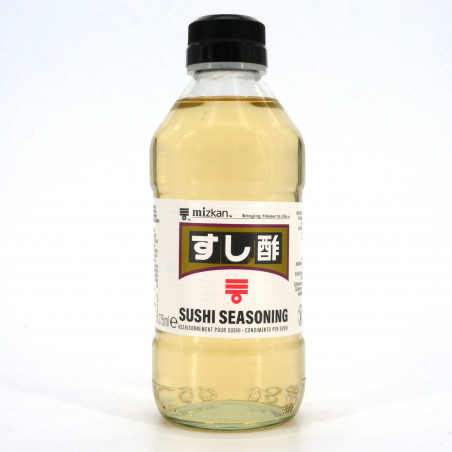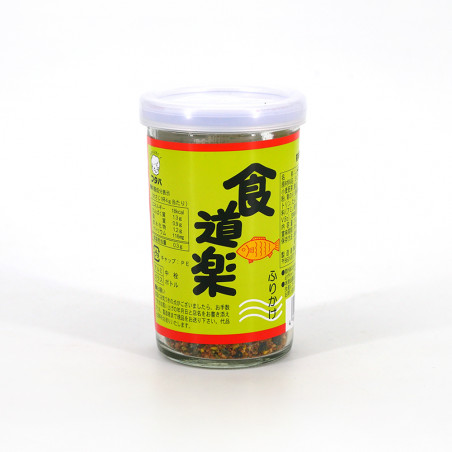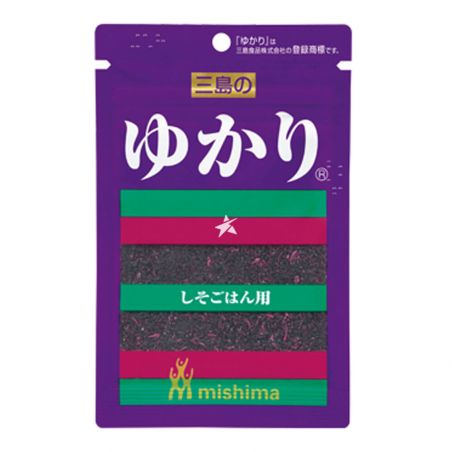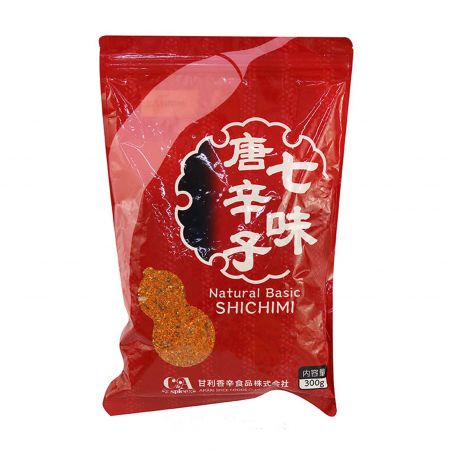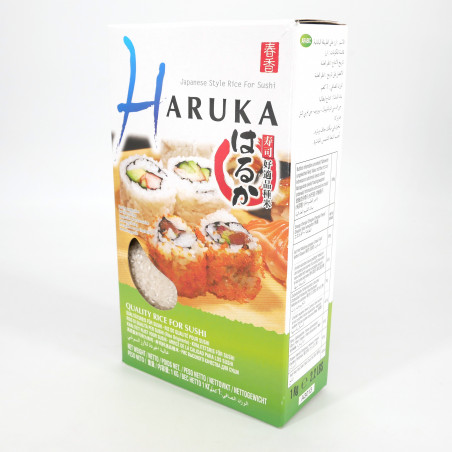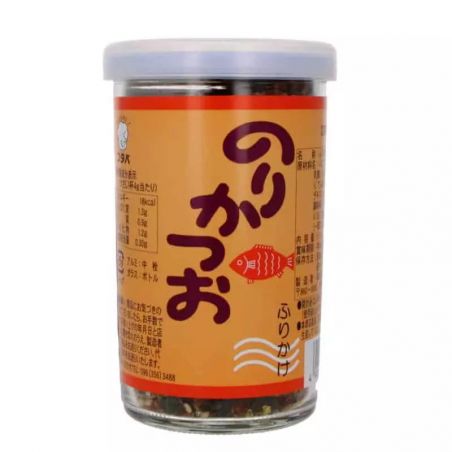Rice bag, NISHIKI RICE MUSENMAI
Rice bag, NISHIKI RICE MUSENMAI
Product Details
| Capacity | 1 kg |
|---|---|
| Product origin | Made in Italia |
| Energy | 1490 KJ / 350 Kcal |
| Fat | 0.6 g |
| Carbohydrates | 79 g |
| Fibers | 1.4 g |
| Protein | 6.6 g |
| Retention | Store in a cool place, away from sunlight, heat and humidity. |
Delivery
Delivery time:
1 to 3 business days for France, Belgium, and Switzerland.
3 to 5 business days for other European countries.
3 to 5 business days for other countries via DHL.
This item is shipped from our warehouse in France.
You can return or exchange an item within 14 days of receiving your order. For more information, please refer to our Return Policy.
Description
Rice bag, NISHIKI RICE MUSENMAI
Prewashed rice ideal for sushi.
In Japanese, the word "rice" (Gohan ご 飯 which means meal, literally) is the central element around which the meal revolves.
Japanese rice is one of the 3 main varieties of rice in the world. It is a round grain rice with a lot of starch, which gives it a slightly sticky appearance, ideal to be seared with chopsticks. It is both soft and firm.
You should know that within this variety there are several hundred different sub-varieties grown in Japan. We can however distinguish 2 main categories of Japanese rice:
Koshihikari, one of the most cultivated and popular varieties, especially that of the Niigata region.
Sananishiki, frequently used for sushi.
Rice is one of the main elements in making sushi. Sushi rice is not used plain, it should be seasoned most often with rice vinegar, salt and a little sugar. The rice used should be round rice, which becomes sticky after cooking. Avoid sticky rice for dessert and long grain varieties of rice.
For ideal cooking of Japanese rice
I. Preparation
Wash the rice in clean water, gently mixing it to remove part of the starch present in large quantities in the rice. Empty the water and repeat the process until the water becomes almost clear.
Ideally, let the rice sit in the water for about 30 minutes in summer, 1 hour in winter, then drain.
II. The cooking
The ideal way to cook the rit remains the pressure cooker. Add the drained rice, add the water and cook according to the program. At the end of cooking, the appliance goes into "keep warm" mode. Let the rice stand for 10 minutes covered.
If using a saucepan, put the drained rice and the water in the pan. Cover tightly and bring to a boil. Lower and leave a dozen minutes well covered. The rice must have absorbed all the water. Remove the pan from the heat and let stand for 10 minutes, still covered.
III. Seasoning
Mix the vinegar, sugar and salt in a bowl until everything is well dissolved. You can replace this mixture with a very similar sushi vinegar seasoning.
IV. The preparation
You can then use your rice for different recipes.
Temaki (literally rolled by hand)
Sushi (Rice ball on which we place raw fish)
Maki (Roll, Literally, It is a sushi rolled in a sheet of nori seaweed)
Chirashi Sushi (Vinegar rice covered with different fillings (vegetables, eggs, fish))
Onigiri (triangular rice ball filled with condiments)
Ochazuké (With tea, literally, Rice on which tea is poured and often accompanied by umeboshi plum and seaweed)
And many others !





